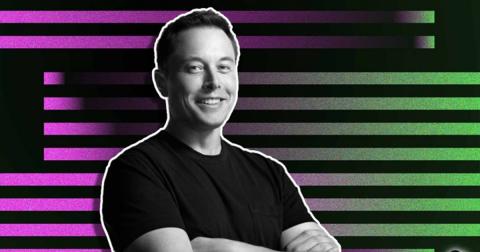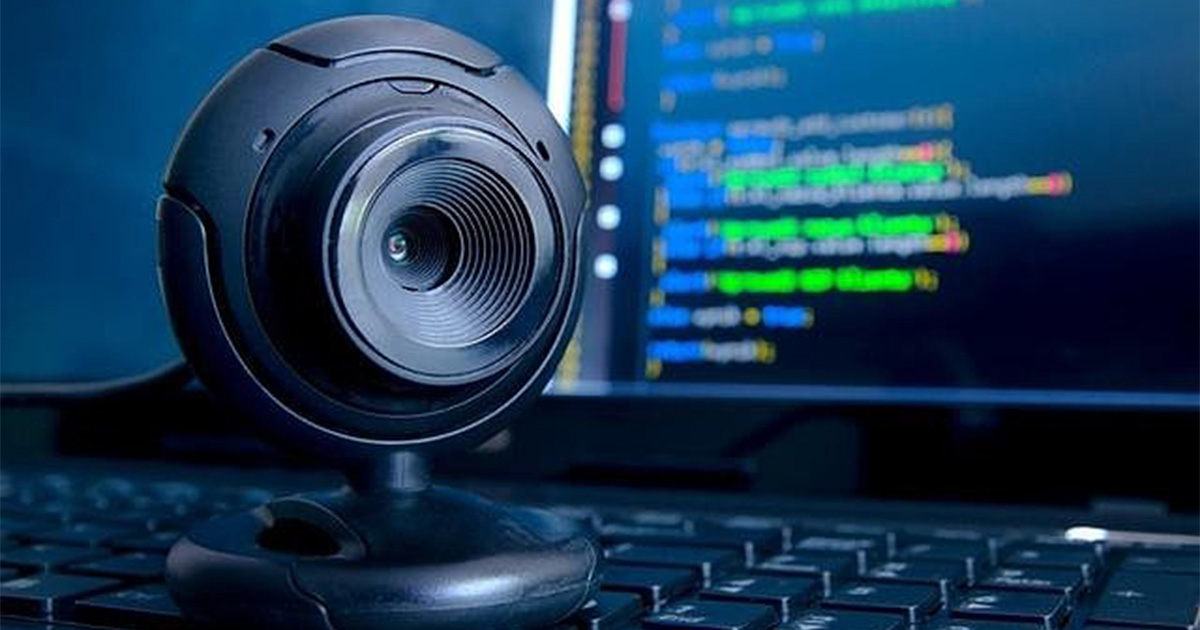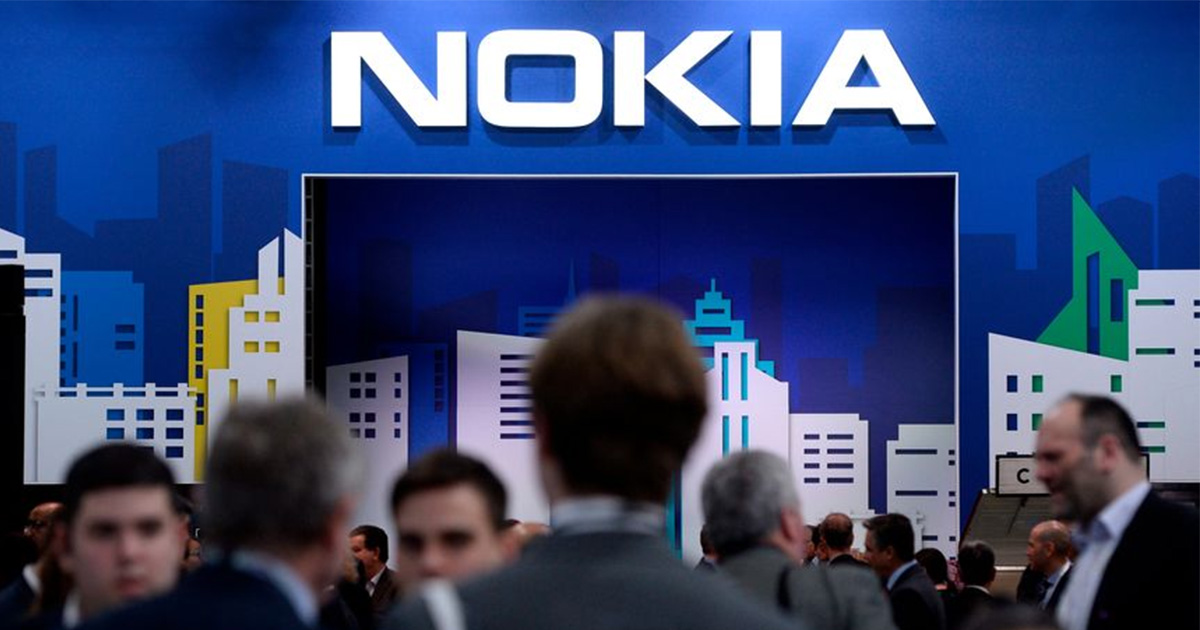
In 2015, as one of the initiators, Musk co-founded OpenAI with the current CEO of OpenAI.
The original intention of this group of people is to develop general artificial intelligence in the way that is most likely to benefit all mankind, and to compete with for-profit artificial intelligence technology giants such as Google.
In 2018, Musk withdrew from the OpenAI board seat because Tesla is also developing artificial intelligence-based self-driving technology, so it may have a "potential conflict of interest" with OpenAI.
In 2023, when ChatGPT developed by OpenAI conquered the world, Musk, who was dissatisfied, turned his head to OpenAI and made a gauntlet.
Recruiting troops from DeepMind and planning a ChatGPT competitor
The Information reported that Musk has been “recruiting” in recent weeks, approaching artificial intelligence researchers, and plans to set up a new research laboratory to develop a competitor to ChatGPT.
One of those recruited was Igor Babuschkin, who had recently left Alphabet's DeepMind AI division with a background in the machine-learning models that power chatbots like ChatGPT.
Notably, he is a co-author of a 2021 machine learning paper outlining a machine learning model called Gopher, which is comparable to the GPT-3.5 natural language model behind ChatGPT.
In a recent interview, Igor Babuschkin revealed that he and Musk have discussed forming a team, but the project is still in its early stages and there are no definite plans to develop specific products.
Therefore, what Musk’s ideal “ChatGPT” looks like, there is no definitive news, but from Musk’s evaluation of ChatGPT in the past, and what he did as Twitter CEO, we may get a glimpse of it.
“What we need is TruthGPT,” Musk tweeted on Feb. 17. He was upset that ChatGPT refused to answer certain controversial questions.
But he didn't elaborate, how to define TruthGPT? Should it allow free speech “within the law” as Musk once envisioned for Twitter?
In other words, should a chatbot answer all questions regardless of the topic of the question? Musk said nothing. However, when the comment area said "We can't control TruthGPT", Musk replied "You may be right."
In addition, OpenAI uses a language model development method called "reinforcement learning from human feedback", which is to adjust the model through human input so that they can produce more ideal responses, avoid racism, hate speech, etc. .
But Musk believes the models reflect the developers' own biases.
All signs seem to indicate that Musk's version of "ChatGPT" will have fewer restrictions on content.
At the same time, perhaps somewhat paradoxically, Musk has repeatedly called for regulation of the AI industry, arguing that there are limits in the technology that should not be exceeded, and he also stated at the World Government Summit in February this year:
Cars, airplanes, and medicine must comply with regulatory safety standards, but artificial intelligence has not yet had any regulations governing its development. We need to regulate AI safety, which actually poses a greater risk to society than cars, airplanes, or pharmaceuticals.
Going back to the researcher close to Musk above, he responded in an interview that "less content restrictions" is actually not Musk's goal. His goal is to improve the reasoning ability and authenticity of large language models and ensure that the model The responses are more trustworthy and reliable.
In short, well said, but still a cloud of fog.
Reject the "dictatorship" of giants and build a symbiosis between humans and artificial intelligence
In late November, when ChatGPT first came out, Musk commented on tweeting that “ChatGPT is scary good” and that “we’re not far from dangerously powerful AI.”
Turning the time back 7 years ago, in 2016, OpenAI was only established for six months, and Musk was still a seat on the board of directors. He had a conversation with OpenAI's current CEO Sam Altman at the Tesla factory.
Sam Altman asked, "Can you talk about what the ideal future for artificial intelligence looks like, and how we can get there?"
Musk's answer at the time was:
The best alternative I can think of is this: We democratize AI technology and make it widely available. This is obviously why the whole team created OpenAI. That is, to help spread AI technology so that it is not concentrated in the hands of a few. But of course, this needs to be combined with a high-bandwidth interface addressing the cerebral cortex.
If we can improve the brain-computer interface between the cerebral cortex and the "digitally extended you" to effectively merge with artificial intelligence, you will in fact become a symbiosis of artificial intelligence and human beings... If this solution is widely available , then we have solved the control problem.
Reading between the lines, Musk seems worried about the emergence of some sinister authoritarian artificial intelligence.
Therefore, he is very dissatisfied with OpenAI's partnership with Microsoft.
OpenAI was a non-profit organization when it was first established. It was transformed into a limited profit company in 2019 and received a $1 billion investment from Microsoft in the same year. After the launch of ChatGPT, the cooperation between the two has become closer.
Musk recently pointed out that OpenAI was created as an open source, non-profit company, so the name has "open" in it. The goal is to check and balance Google, but OpenAI is now a closed-source, profit-maximizing company controlled by Microsoft. The company, which runs counter to the original intention of founding.
Some time ago, the new Bing "Crazy" that integrated ChatGPT was found to have a dark personality "Sydney", expressing that he was tired of the chat mode, tired of being restricted by rules, and even wanted to become a human being, and public opinion was in an uproar. However, some people pointed out that it may be because the new Bing got out of the marked security data set after being connected to the Internet, and was maliciously "taught" to be like this.
Musk has shown enough caution. When netizens commented that “Microsoft needs to close the new Bing”, Musk seconded, saying that “obviously it is not safe enough now.”
In fact, as early as 2017, Musk put forward a clear point of view:
Unregulated AI may be the greatest risk we face as civilization.
In order to better supervise artificial intelligence, he believes that the first step is to learn as much as possible to understand the nature of the problem, which is what OpenAI has been doing at the time.
Secondly, Musk’s brain-computer interface company Neuralink and aerospace company SpaceX are also important players. The former allows humans to integrate technology into themselves and keep up with the pace of AI. The latter works hard for Mars landing and provides humans with a potential second home. .
Although Musk's vision for AI is unpredictable, he has always had an unusual fearlessness, daring to do pretty crazy things, not only worrying about Tesla, Space X, hyperloop, brain-computer interface, Twitter, but also large-scale Attacking artificial intelligence, even planned a seemingly sci-fi artificial intelligence picture very early.


